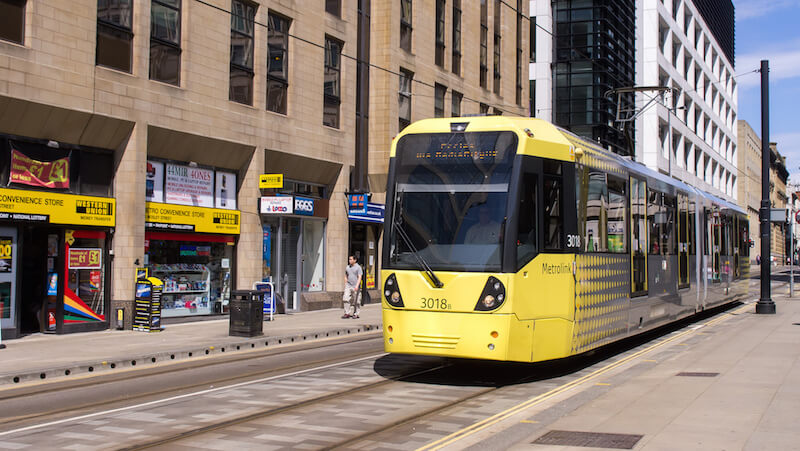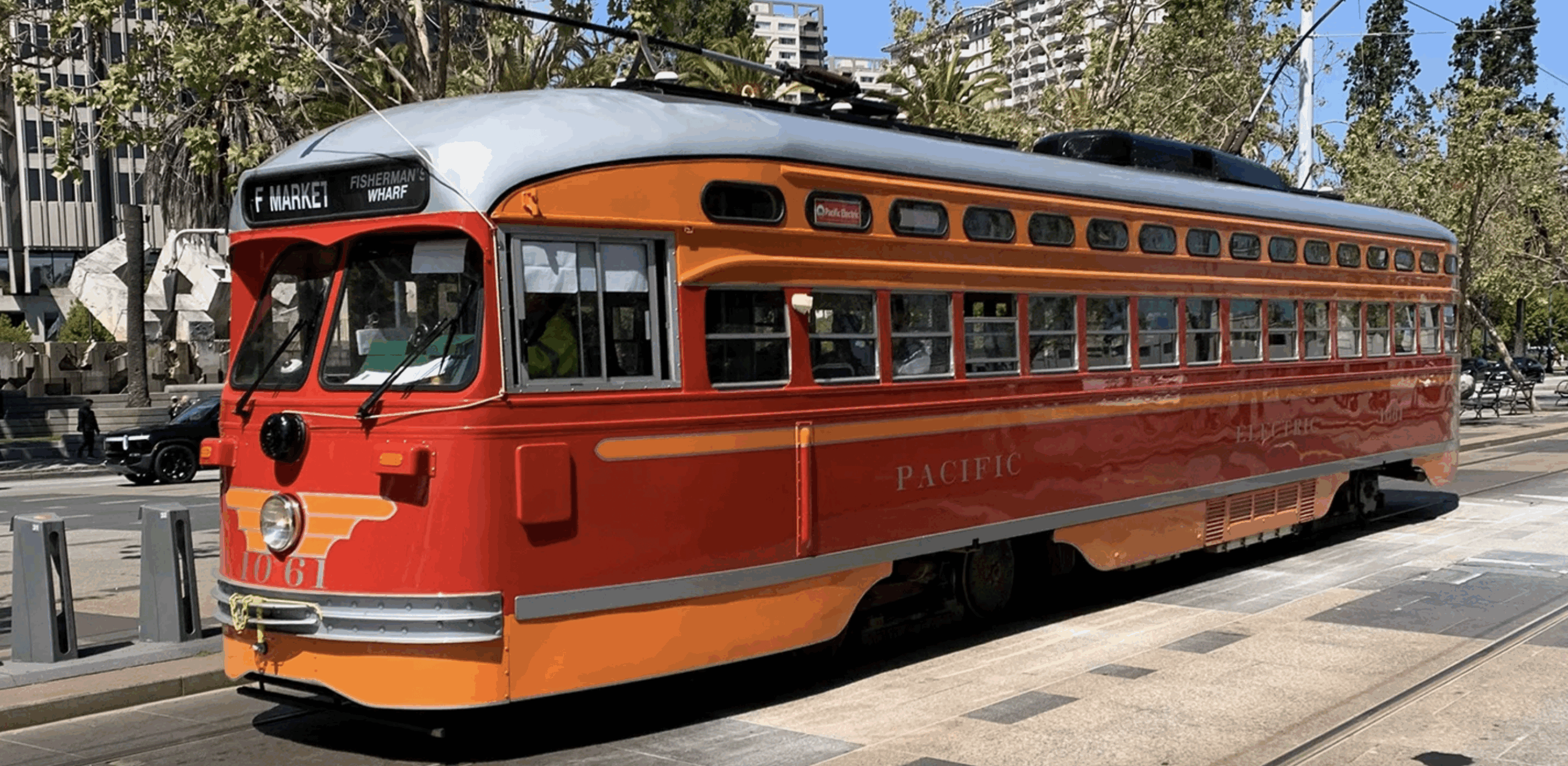A report setting out the implications of rapid and transformative technological change for urban transport was launched today, 14 June 2017, by the Urban Transport Group.
Smart Futures – our vision for urban transport also highlights the key role public sector transport authorities will need to play if the benefits are to be maximised for both individual travellers and cities as a whole.

How Technology is Transforming Urban Transport
The report says that technological change (combined with wider social change) is transforming urban transport in four key ways:
- New and emerging data can help travellers make better-informed choices and transport planners make better decisions
- A proliferation of new vehicle technologies means cleaner, smarter and more connected vehicles
- Allowing for smarter and more integrated ways of paying for access to different modes of transport
- Enabling new players in the transport market to offer new services including those that relate to the wider shift from an ownership to a sharing economy
Public Sector Transport Authorities Play Key Role
It goes on to say that Urban Transport Group members have a unique perspective, and key role to play, in capitalising on the benefits for both transport users and the future of our cities whilst at the same time seeking to mitigate or avoid the potential downsides.
The wide remit of transport authorities includes not only benefits to individual transport users but also transport’s wider role in delivering inclusive growth, congestion reduction, better public health and cleaner air.
Smart Futures
The document then summarises nine key principles which Urban Transport Group members will adopt on ‘smart futures’. These include:
- Seeking to ensure technological change makes travel simpler and easier and avoiding fragmented, inaccurate or exclusionary outcomes
- Recognising the role we can play in facilitating and supporting change which can include opening up the data we hold, entering into partnerships with the private sector in areas like Mobility as a Service or supporting start-ups in our areas through collaborations
- Seeking to ensure that change does not result in sectors of society being left behind; that we meet our obligations to improve air quality and reduce carbon emissions; and that congestion is managed and reduced in a way that promotes healthier streets and places
Vernon Everitt (Managing Director, Customers, Communication and Technology for Transport for London) who leads for the Urban Transport Group on Smart Futures said:
“Technology is developing rapidly. While no one can say exactly what the future will look like, what is certain is that as transport authorities we have a key and unique role to play in shaping its development.
We have set out clear principles of how we will ensure technological change benefits individual transport users and supports the growing, inclusive and healthy cities that we all want to see.
As members of a network, each city will take a different approach. But the principles we have set out today represent a clear statement of how the UK’s largest transport authorities will approach technological change.”
Original article © Urban Transport Group.



















